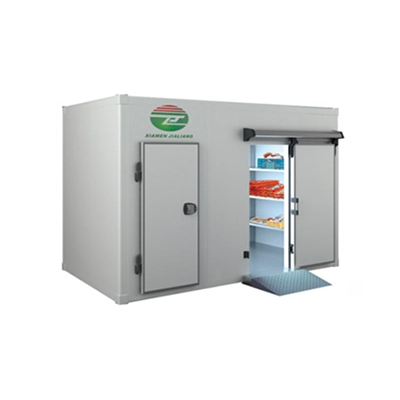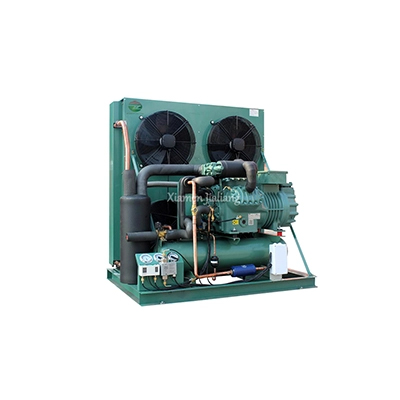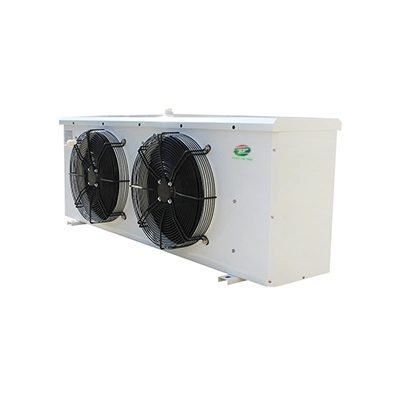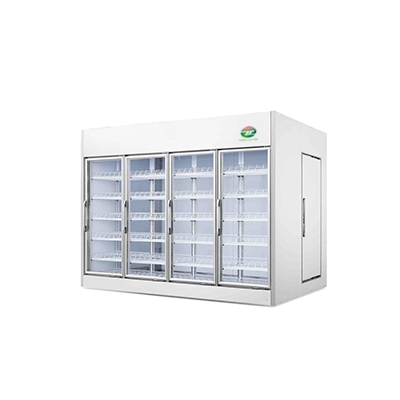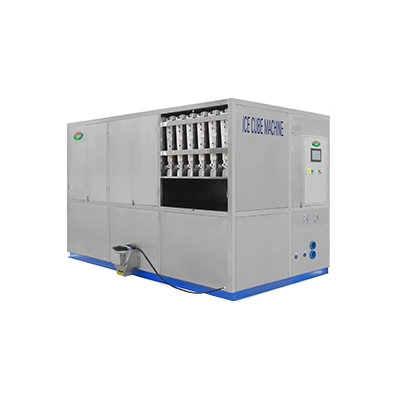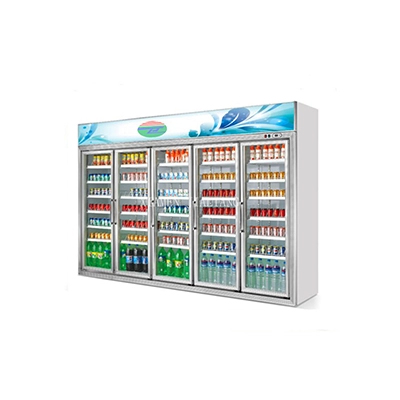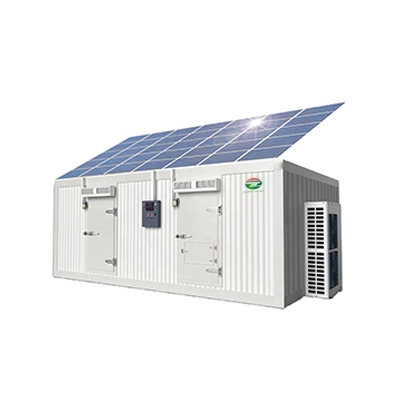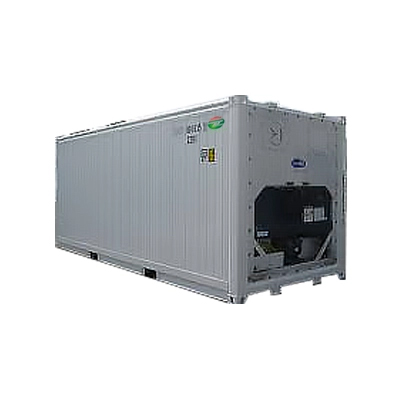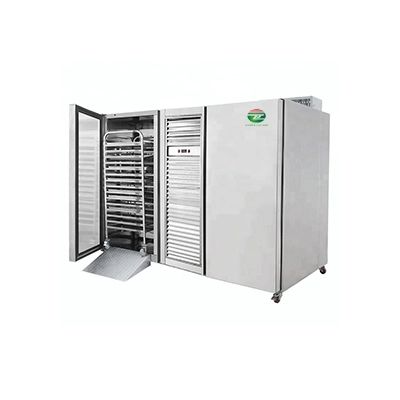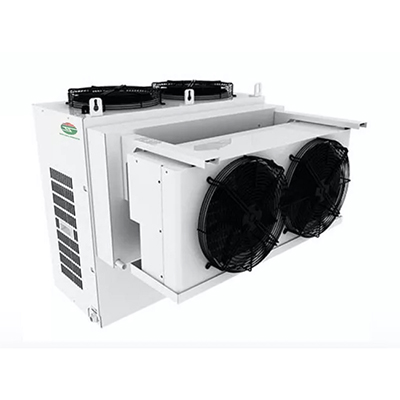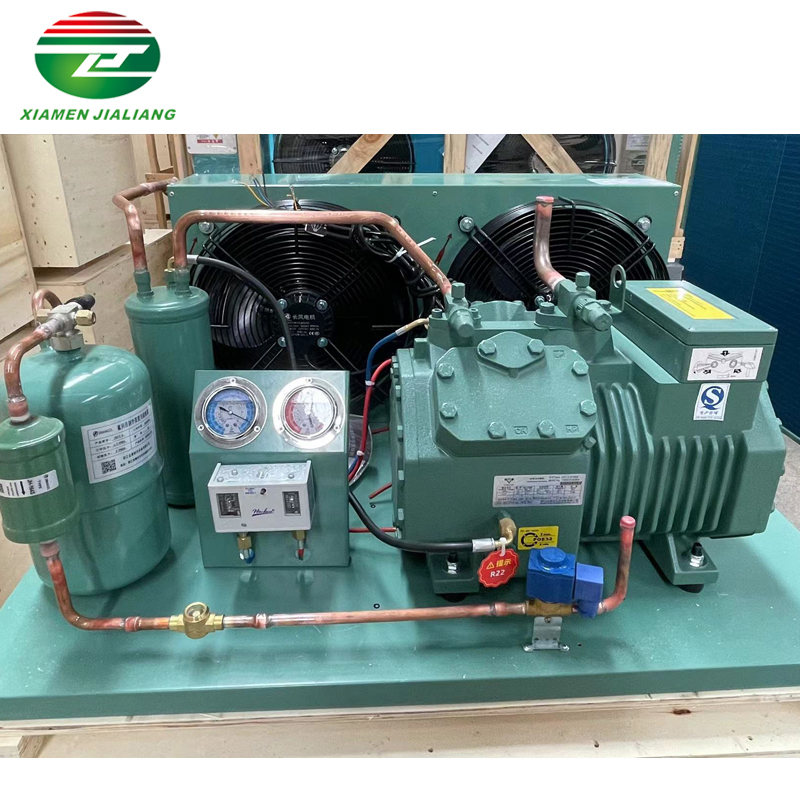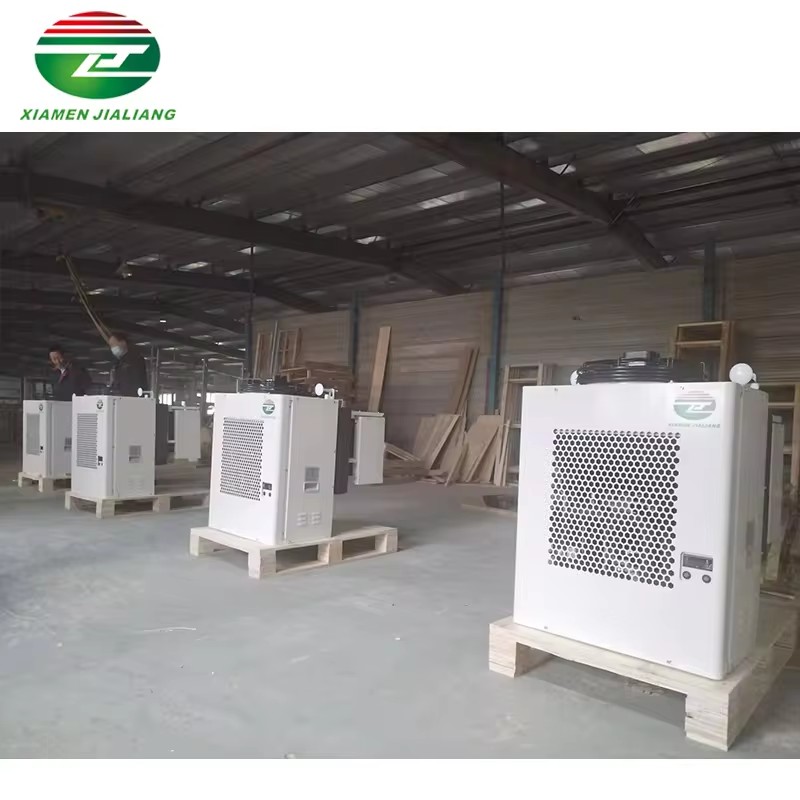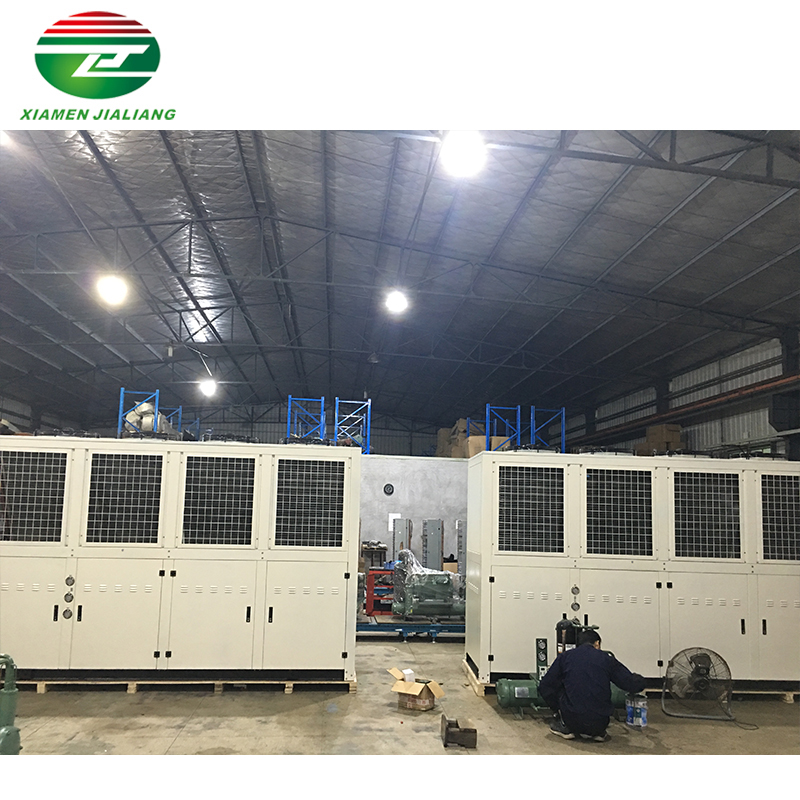Importance of Cold Storage in Fruit Preservation and Its Impact Analysis
Importance of Cold Storage in Fruit Preservation and Its Impact Analysis
As the world's population keeps growing, so does the demand for fruits. However, supplying fresh and healthy fruit all year round can be challenging due to factors such as seasonality and perishability. That's where cold storage comes in! This technology has revolutionized the fruit preservation industry by extending shelf life and maintaining quality. In this blog post, we'll explore why cold storage is crucial for fruit preservation, optimal temperature and humidity requirements for different fruits, how maintenance impacts fruit quality, and tips on implementing scientific management practices to ensure freshness!
Why is cold storage crucial for fruit preservation?
Cold storage is a critical technology for fruit preservation because it helps to slow down the natural ripening process of fruits. Fruits are living organisms that continue to respire even after they have been harvested, and this respiration leads to the breakdown of carbohydrates and sugars, which ultimately results in spoilage.
By storing fruits at low temperatures, cold storage inhibits their metabolism rate, thus extending their shelf life. This not only allows for long-distance transportation but also ensures that consumers can enjoy fresh fruit all year round. Additionally, cold storage reduces the growth rate of microorganisms responsible for rotting fruits.
Another benefit of using cold storage is maintaining optimal humidity levels required by different types of fruits. High humidity levels help prevent water loss from fruit surfaces while low humidity prevents mold and fungal growth on them.
Cold storage plays a crucial role in preserving the quality and freshness of fruits by slowing down their metabolic processes while reducing microbial activity.
Optimum storage temperature and humidity for fruits
To maintain the quality of fruits, it's important to store them in optimal conditions. The right storage temperature and humidity can help prevent decay and spoilage, ensuring that fruit stays fresh for longer periods.
For most fruits, a temperature range between 2°C to 8°C is ideal for storage. This helps slow down the ripening process and prevents premature deterioration. On the other hand, extremely low temperatures may cause damage or chilling injury to sensitive fruits like bananas or citrus.The storage time of fruit cold storage at 2-8°C is about one month. If you need to store it for a longer time, you need an air-conditioned storage.
Humidity levels are also crucial when storing fruits. High humidity conditions can cause mold growth while dry air may lead to dehydration and shriveling of produce. The humidity of fruit storage is different for different fruits, the humidity of conventional cold storage can only reach 66%. If the humidity is above 85%, it is necessary to add a humidifier to the cold storage.
It's essential to note that different types of fruits have varying requirements for optimum storage conditions. Therefore, understanding the specific needs of each type of fruit is crucial when determining their ideal storage environment. Proper management ensures that your fruit retains its nutritional value while extending shelf life – ultimately reducing waste!
How to implement scientific storage management to ensure fruit quality
By implementing scientific storage management techniques, fruit quality can be greatly improved and preserved for longer periods of time. It is important to ensure that the cold storage facility is maintained at the optimum temperature and humidity levels, as well as regularly cleaned and sanitized. This will prevent the growth of bacteria and fungi which may cause spoilage of fruits.
Proper planning, organization, monitoring, and control are essential in managing a cold storage facility to maintain optimal conditions for fruit preservation. The use of advanced technology such as sensors can also help in detecting any changes in temperature or humidity levels within the facility
Cold storage plays a critical role in preserving fruit quality and extending their shelf life while maintaining nutritional value. Optimal temperature and humidity levels must be maintained through proper scientific storage management techniques implemented by experienced professionals who understand how to manage these facilities effectively. By doing this we can reduce food waste while ensuring that people have access to fresh fruits throughout the year.

